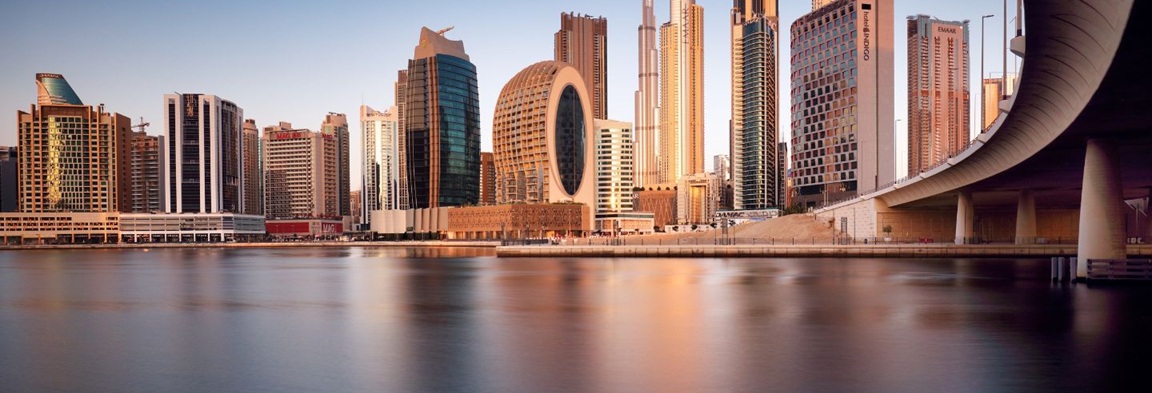Grace Periods & Penalties: What Happens if You Miss an Off-Plan Payment?
Thursday, 30 October 2025
Buying an off-plan property in Dubai is an exciting step toward homeownership or investment. With flexible payment plans, lower upfront costs, and attractive long-term value, it’s easy to see why many buyers choose this route.
However, life can be unpredictable — sometimes, unforeseen financial challenges or delays can cause you to miss an installment payment. The good news is that Dubai’s property regulations provide clear processes and protections to handle such situations fairly for both buyers and developers.
Here’s what happens if you miss a payment on your off-plan property and how you can navigate the situation confidently.
Table of Contents
- Initial Reminder and Grace Period
- Late Payment Fees and Interest Charges
- Reporting to the Dubai Land Department (DLD)
- Legal Outcomes Under Dubai Property Law
- Negotiating with the Developer
- What Happens if the Property Is Cancelled?
- Tips to Avoid Missing Off-Plan Payments
- Frequently asked questions
1. Initial Reminder and Grace Period
If you miss a scheduled payment, most developers begin by sending a gentle reminder. Typically, you’ll receive an official notice giving you a grace period — usually between 15 to 30 days — to make the payment without any penalty.
This window allows you to resolve short-term cash flow issues or banking delays.
Tip: Always communicate proactively with the developer. Informing them about temporary challenges often helps in avoiding late fees or escalation.
2. Late Payment Fees and Interest Charges
If payment isn’t made within the grace period, late payment penalties or interest may apply. The specific fees depend on the terms outlined in your Sale and Purchase Agreement (SPA).
These charges are meant to encourage timely payments but are generally reasonable. Reviewing your SPA in advance ensures you understand what to expect and can plan accordingly.
Tip: Always communicate proactively with the developer. Informing them about temporary challenges often helps in avoiding late fees or escalation.
If payments remain overdue for a prolonged period, the developer has the right to notify the Dubai Land Department (DLD) and the Real Estate Regulatory Agency (RERA).
This step is taken only after multiple missed installments or unsuccessful communication attempts. Once reported, the DLD may evaluate the project’s progress and the buyer’s payment record before deciding on further action.
4. Legal Outcomes Under Dubai Property Law
Under Law No. 13 of 2008 (as amended), Dubai has a transparent legal process to handle payment defaults fairly:
If the Project Is Over 25% Complete
- The developer may retain 25% of the total property value.
- The contract can be cancelled if the buyer fails to pay despite notices.
- The remaining amount paid (after deductions) may be refunded to the buyer through DLD.
If the Project Is Less Than 25% Complete
- The DLD may intervene to calculate and return a fair portion of the paid amount, depending on project stage and total payments made.
If the Contract Is Fully Cancelled
- The developer can legally terminate the agreement and resell the unit.
- The buyer may lose part of the installments and could face delays in refunds, depending on the case.
5. Negotiating with the Developer
Before things escalate, it’s always best to open discussions with the developer. Many developers are willing to accommodate genuine buyers facing short-term challenges.
You can request:
- A payment deferral or revised schedule
- A temporary grace period extension
- To restructure your payment plan
Honest communication and a history of timely payments can often result in amicable solutions that prevent contract termination.
6. What Happens if the Property Is Cancelled?
If your contract is officially cancelled after missed payments:
- You may lose the booking fee and a portion of installments paid.
- Refunds (if any) are processed through the DLD after assessment.
- You may temporarily be restricted from purchasing new off-plan properties until the case is resolved.
To avoid such complications, always stay in touch with the developer and address issues early.
7. Tips to Avoid Missing Off-Plan Payments
- Set reminders for installment due dates.
- Keep a financial buffer for emergencies.
- Review your SPA terms thoroughly before signing.
- Maintain open communication with the developer.
- Seek professional advice if you face difficulties in payment scheduling.
Missing an off-plan payment doesn’t mean your investment is at risk — but it’s important to act quickly and responsibly. Dubai’s property laws aim to protect both buyers and developers while ensuring fair resolution.
By understanding the grace periods, penalties, and negotiation options, you can confidently manage your off-plan payment plan and stay on track toward owning your dream property in Dubai.
Frequently Asked Questions (FAQs)
What happens if I miss one off-plan installment in Dubai?
If you miss an installment, the developer usually issues a reminder and allows a short grace period (15–30 days) to make the payment without penalty.
Can I be penalized for late payments?
Yes. If payment isn’t made within the grace period, late fees or interest may apply, as outlined in your Sale and Purchase Agreement (SPA).
Will my property contract be cancelled immediately after non-payment?
No. Developers must issue notices and follow DLD procedures before any cancellation. Buyers often have multiple chances to settle payments or renegotiate terms.
Can I negotiate new payment terms if I face financial difficulties?
Yes. Developers often allow payment deferrals, revised schedules, or extended grace periods if buyers communicate early and provide valid reasons.
What role does the Dubai Land Department play in missed payment cases?
The DLD ensures that both parties are treated fairly. It may mediate disputes, oversee refunds, or approve contract cancellations in accordance with Dubai property law.





